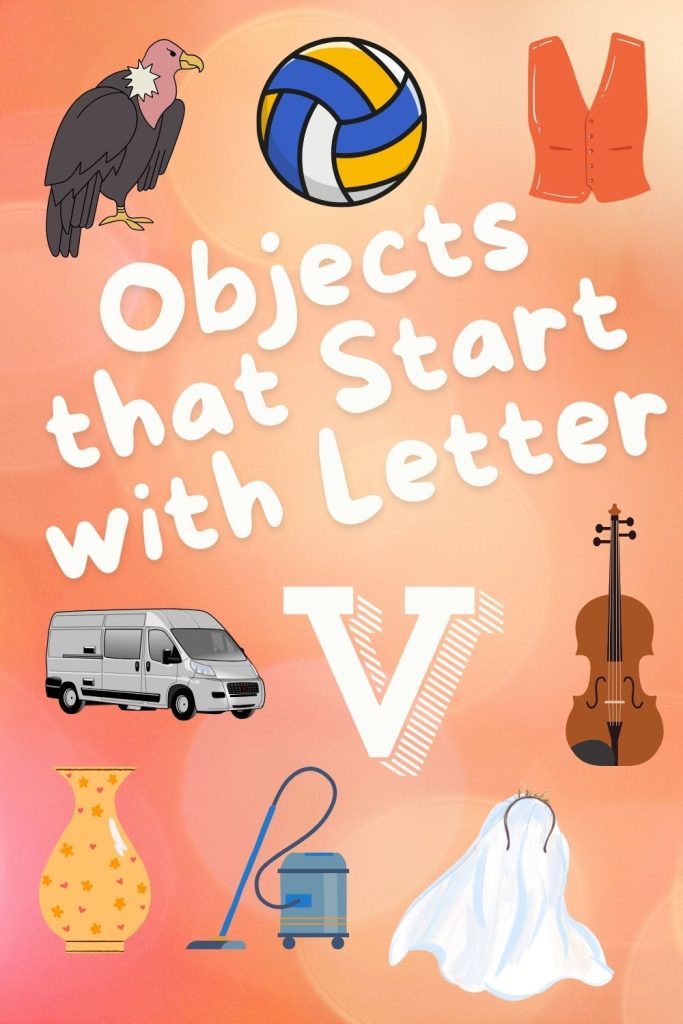In their early years, many children develop a fond attachment to certain objects that bring them comfort. For me, a small pink blanket I draped over my toddler shoulders served as my security blanket, much like the Peanuts’ cartoon...
In their early years, many children develop a fond attachment
to certain objects that bring them comfort. For me, a small pink blanket I
draped over my toddler shoulders served as my security blanket, much like the
Peanuts’ cartoon character Linus. My mother tells of how I stood by the washer
and dryer waiting for that beloved pink blanket’s return during necessary
laundry sessions. Most appealing about this blanket was the satin binding
around the edges that I fingered as I sucked my thumb. In fact, I so associated
the two calming sensory activities that when I decided to stop my thumb-sucking
habit, I told my mom to throw my blanket away. Wisely, she simply hid my pink
blanket in case I changed my mind, but my resolve proved strong, and I never
resumed my old habit nor needed the blanket I had dragged around until I was
five.
When Alex was little, he had a beloved blanket, as well,
although his was too large to carry around. As a toddler, he slept under a
quilt my grandfather had given me. Years earlier, Paw Paw had bought handmade
quilts for each of his six grandchildren. Mine has squares depicting little boys
carrying fishing poles. The most eye-catching elements are the various brightly
colored fabric hats and boots the boys are wearing that are appliquéd on the quilt. Alex
was drawn to this design, and he called the quilt “the boys with socks.” Every
night as he happily snuggled under his cozy quilt, he seemed content that “the
boys with socks” would keep him company all night long.
Aside from the security blanket, Alex has had other objects
that he finds comforting. However, most of them have been electronic items,
such as graphing calculators, spelling correctors, and handheld games. If he
misplaced these precious possessions, he became upset and even frantic until we
found them. Because these things were so important to him, we learned to keep
batteries on hand at all times to ensure they never lost power. In addition, we
even bought duplicates of some of these items so that he wouldn’t melt down
when they temporarily disappeared or permanently broke. Apparently, his
attachment to certain objects is rather common in the autism community.
In a recent article, “Some autistic people find comfort in
specific objects. What happens when they’re not available anymore?” published
on October 4, 2019, in Vox, author Sarah Kurchak explains why people with
autism value comfort items. [To read this article, please click here.] She
notes that autistic people like herself dislike change and prefer stability,
often found in certain objects. For her, a specific type of iPod offers her
comfort because the songs programmed on her playlist drown out noise, and she
finds the texture of the click wheel soothing. Since this device is no longer
manufactured, she explains that she has been searching eBay online for a
specific model identical to the one she owns that needs to be replaced. As she
states, “We tend to use the same items over and over again until they fall
apart, or we lose them.”
When children with autism lose precious comfort objects or
these items break or wear out over time, parents often turn to the Internet to
find exact duplicates. However, some of these products may no longer be
available, which makes this desperate search more complicated. A few years ago,
a father from England began searching for a specific drinking cup, the only one
his son with autism would use. In
the article “Little Blue Cup: Dad Who Searched For Tommee Tippee Cup For Son
With Autism Starts Global Kindness Project,” published November 22, 2017, in
Huffington Post, Amy Packham explains how Marc Carter started an online network
to find specific items for people with special needs. [To read this article,
please click here.]
After he searched for the discontinued cups his son, Ben,
needed, the company that had previously made them sent him five hundred exact
duplicates. Recognizing that other parents of children with autism may have
similar needs, Ben’s father established Little Blue Cup, a Facebook page for
parents seeking specific hard-to-find objects. Explaining the purpose of this online
networking project, he states, “If you care for someone with disabilities or
special needs and they need a cup, bottle, or anything else, something small
that keeps them happy, healthy, and from having the most challenging times,
please let me know and we will search the Internet together.”
Looking over the Little Blue Cup Facebook pages (including a
page specifically for the United States and Canada), one sees requests for a
variety of objects held dear by people with special needs: blankets, clothing, stuffed
animals, and other toys. Most of these items are rare or no longer
manufactured, making the search to replace them more difficult. While the
requests and stories behind them are touching, the responses to the families’
needs are also heartwarming as people try to fulfill these requests with
similar or exact duplicates. Clearly, Marc Carter’s experience with his own
son’s needs allowed him not only to display his empathy by setting up the
Little Blue Cup Project but also to provide a way for people to interact
compassionately by requesting and fulfilling special needs.
Although comfort items are typically associated with
children, the need for these special objects often continues into adulthood for
people with autism. As one adult with autism remarks in the Vox article, “As
you get into adulthood, you’re kind of told that you’re not supposed to have
comfort items…It’s not an exclusively autistic thing, but it gets drilled into
us that we have to outgrow certain childish tendencies, like having comfort
stuffed animals or comfort items that you take with you all the time. If autism
is seen as a developmental disorder, then autistic people are seen as people
who have to outgrow childhood.” Fortunately, with the establishment of the
Little Blue Cup Project and the support from people willing to share comfort
items, perhaps those with autism can retain not only objects precious to them
but also an innocent childlike existence where they can feel comfort in knowing
people love and care about them and will strive to meet even the seemingly
smallest of their needs.
“When doubts filled my mind, your comfort gave me renewed
hope and cheer.” Psalm 94:19















